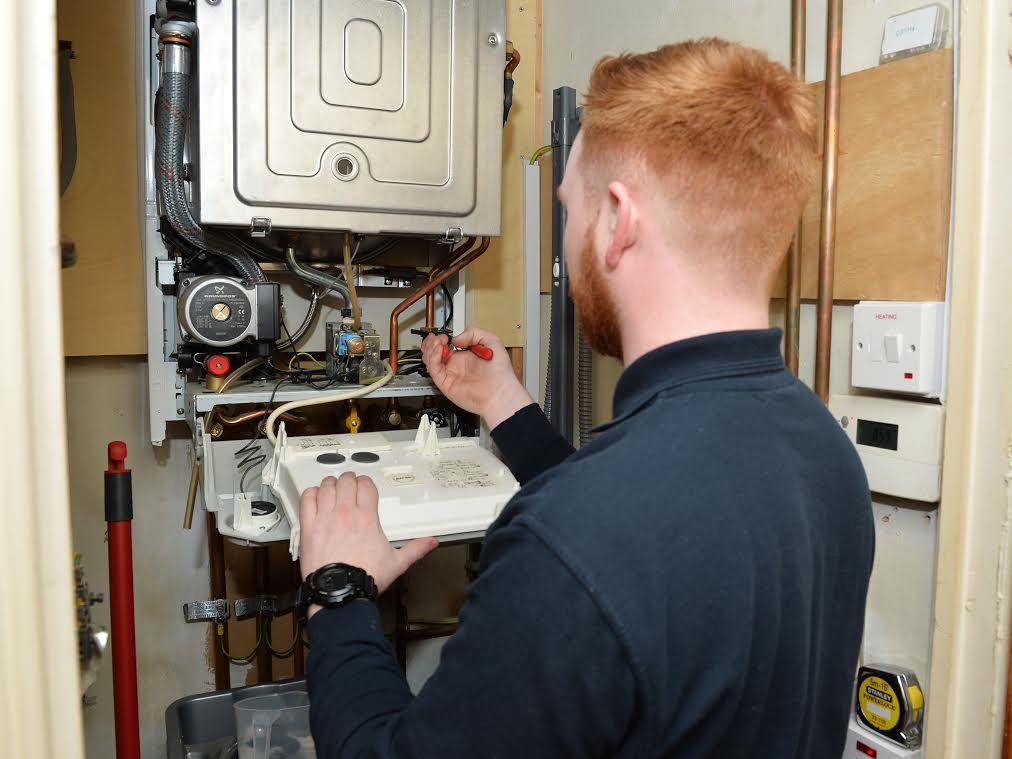Regulator highlights HSE gas safety advice in letter to social landlords

The Scottish Housing Regulator (SHR) has written to all social landlords to highlight advice from the Health and Safety Executive (HSE) on gas safety.
Following a recent review, both organisations are keen to highlight the importance for social landlords of an effective management system for gas safety, and in particular, the critical role of the appropriate handling of initial reports of potential problems with gas appliances or flues.
In the letter, Ian Brennan, director of regulation, writes: “Social landlords have a duty under Section 3 of Health & Safety at Work etc Act 1974 to ensure that they act in a way which does not put tenants or others at risk. They must ensure that they meet all of their duties on tenant and resident safety; obtain appropriate assurance about their compliance with all relevant safety requirements and ensure that they take prompt action to address any non-compliance.
“This note provides advice on the actions social landlords are expected to take, with regard to gas safety management systems, in order to ensure the safety of their tenants and residents.”
Regulation 36 of The Gas Safety (Installation and Use) Regulations 1998 (GSIUR) requires landlords to ensure gas appliances and flues in their tenants’ homes are safe to use.
Alongside the requirement for an annual check and any maintenance resulting from this check, Mr Brennan adds that landlords should also have an effective management system in place to deal with any emergency issues raised about this gas equipment by their tenants or others.
The letter continues: “A gas safety management system describes the management arrangements which are in place to control the risks associated with gas appliances and flues in tenants’ homes.
“Where issues are raised by tenants, these will mostly be communicated via the social landlord themselves or via a call centre operator in a contact centre appointed by the social landlord.
“Failure to appropriately triage and correctly identify the nature of the problem reported by the tenant could result in a tenant being injured or killed in their home as well as putting neighbours and members of the public at risk. Front-line call handlers have a vital role to play in keeping tenants, and others, safe.
“The management system should be robust and lead to appropriate action to ensure the gas appliances and flues in tenants homes continue to be safe to use and that persons are not put at risk.
“The social landlord (or appointed organisation) should therefore have the necessary training, skills, experience and knowledge in place within the management system to recognise danger and take appropriate action to ensure safety when tenants contact them to raise issues.
“Staff should be provided with suitable and sufficient information, instruction and training to enable them to understand the risks in regard to gas appliance faults, to make suitable and sufficient enquiries during call handling and to enable them to take the correct remedial action.
“The social landlord also has a responsibility to assure themselves that staff, including those employed by a third party to handle initial contact from tenants, have appropriate understanding of these instructions, training and procedures.
“HSE has provided some guidelines for social landlords (or their appointed organisation) to consider when designing an effective gas management system. The list, in the Annex, is illustrative rather than exhaustive, and should not be considered as a prescriptive document.”
The letter also urges landlords to use an appointed organisation to operate their gas safety management system.
It added: “Social landlords cannot delegate their Regulation 36 GSIUR duties, even if they contract out the running of the management system to an appointed organisation.
“This duty includes any further outsourcing or sub-contracting of this service to a third party by the appointed organisation running a management system on behalf of the social landlord.
“Social landlords are therefore ultimately responsible for ensuring safe and appropriate call handling and must assure themselves of this.”








